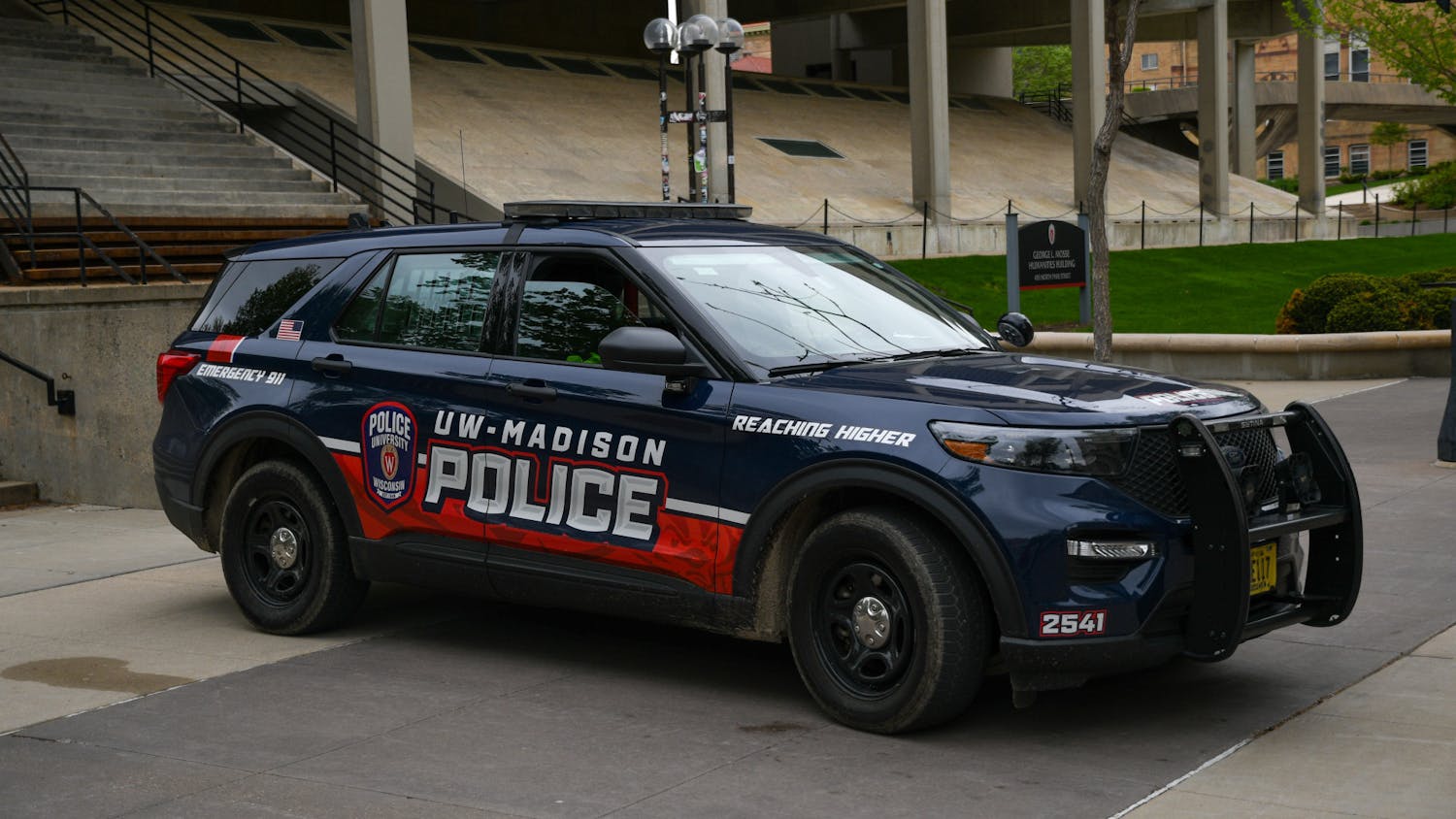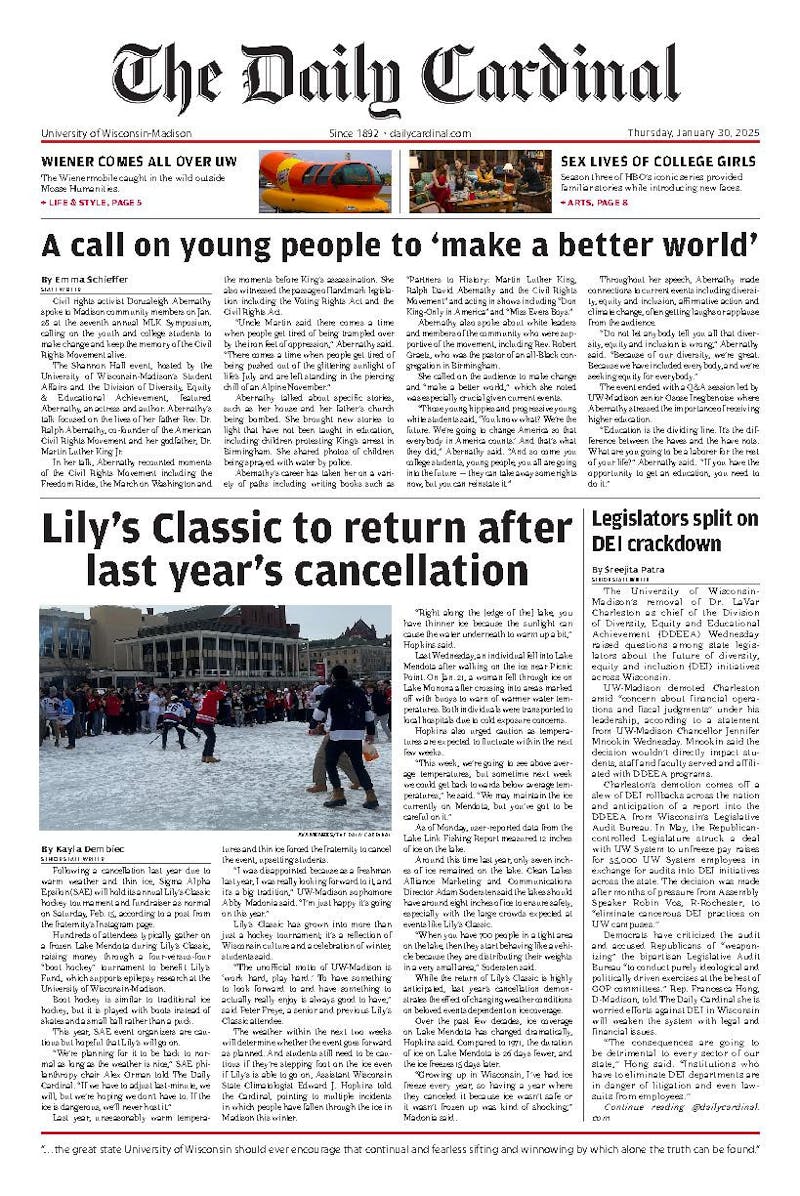Tuesday night’s election results were a ringing reminder for the Republican Party that it has had a difficult time finding an appealing message for young voters since the late 1980s, as exit polls showed President Barack Obama won the 18-to-29-year-old demographic.
In the Nov. 6 election, Obama beat challenger Mitt Romney 60 to 37 percent among the age group, according to CNN exit polls. Democrats have won the youth vote in the last six presidential elections, and the last Republican to win that group’s vote was George H.W. Bush in 1988.
There was wishful thinking among Republicans that a slow economic recovery would persuade the young electorate to vote for Romney. At a minimum, the party hoped limited job growth would keep young voters at home on Election Day, but neither of those aspirations was realized.
“We were expecting Romney to win it,” said Ryan Hughes, spokesperson of University of Wisconsin-Madison's College Republicans. “I think we needed a little more time to push the message forward and he would've won it.”
While Republicans hoped the economy would be their ticket to the White House and the singular most important issue in the election, Tuesday night instead saw Obama win and many states vote to approve a series of socially liberal policies, such as Maine, Washington and Maryland, which all ratified same-sex marriage through a ballot vote. In Wisconsin, U.S. Rep. Tammy Baldwin, D-Wis., became the first openly gay person to be elected to the U. S. Senate, and the number of women serving in the Senate is now a record-breaking 20.
Hughes conceded the election “came down to who got the messages out the best way,” but emphasized that the conservative economic policies were necessary when appealing to young voters.
“Most of the College Republicans that are in our group are concerned about the economy and they knew that Mitt Romney had what it took to turn it around,” he said. “These Republicans that came out voted for him but obviously there are quite a few that didn't as well.”
For some young Republicans, such as Abi Sellman, the GOP's social platform does not reflect how they feel. Sellman identifies herself as fiscally conservative but socially liberal—something she has a hard time explaining to some of her peers.
"It's so frustrating," she said. "If you say you’re Republican, people automatically think you are pro-life and anti-gay marriage and I’m neither of those things. There are people voting in favor of those conservative social issues and there are people like me who don't identify with them at all, so I do think there is a split [within the party].”
According to Sellman, the future of the GOP youth vote is contingent on whether the party can develop a consensus on social issues.
“I think [social issues are] where they're losing the youth vote,” she said. “I don't know if it would make them gain more of the youth vote … but I think a lot of the social issues turn [youth] away from voting Republican.”
Hughes, however, asserts Republicans, especially the young ones, will care about the economy foremost after seeing the election’s repercussions.
“Obviously in the next election we're going to push key issues, including unemployment, especially on college graduates,” he said. “We're hoping next time we can turn it around and get someone in there that focuses on the issues that we care about.”






